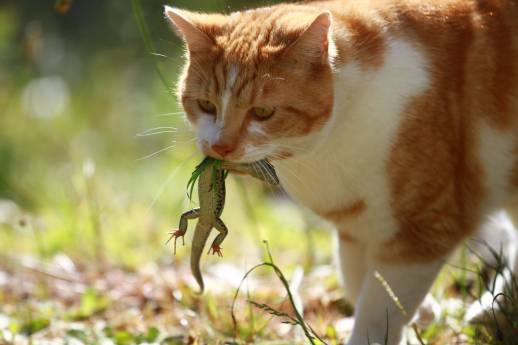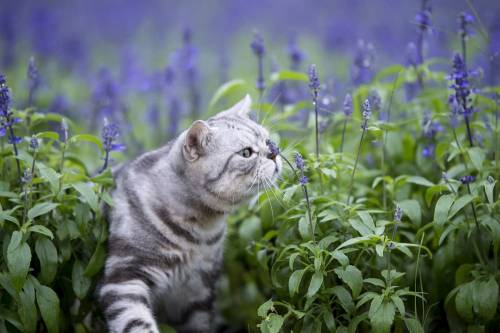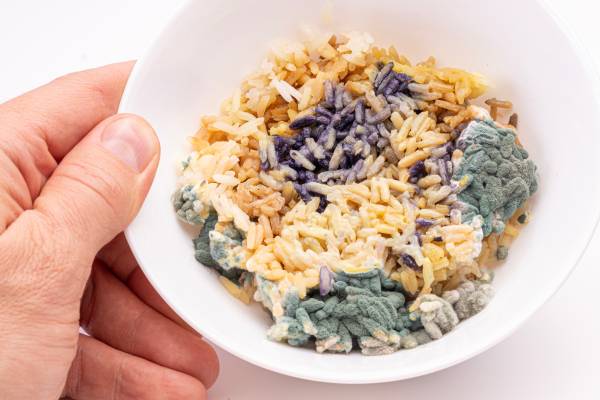Many people love jelly beans! What’s not to love? These sweet, small candies just melt in your mouth, leaving behind a wonderful flavor! But what happens if a cat eats jelly beans?
Connect with a verified veterinarian in minutes. Licensed vets are available 24/7 to answer your questions. No need to worry about your furry family member.
Has your cat eaten jelly beans? Are you worried the jelly beans will make your cat sick? If so, then you’ve come to the right place. We understand it’s scary when your cat eats something he shouldn’t.
In this article, we’ll take a look at jelly beans and whether or not they can make your cat sick. Let’s get started!
What are Jelly Beans?
Jelly beans are bean-shaped candies that are small and come in many flavors. They’re mostly made of corn syrup and sugar, which is thickened with cornstarch. Jelly beans also contain colors and flavorings.
One of the most popular jelly bean brands is Jelly Belly; these jelly beans come in over 100 different flavors! What’s more, they’re gluten-free, dairy-free, vegetarian-friendly, and even certified Kosher.
While humans can safely enjoy jelly beans, what happens if a cat eats jelly beans?
Jelly Beans & Cats
The good news is that jelly beans are not toxic to cats. If your cat has eaten one or two jelly beans, he will probably be OK, though he may have some digestive tract issues.
However, cats that have eaten more jelly beans may become sick. This is due to the sugar contained in jelly beans. Sugar can lead to digestive tract issues and even pancreatitis. Pancreatitis is a painful medical condition that causes inflammation of the pancreas.
What’s more, if cats eat too many jelly beans on a regular basis, there’s a high chance the cat will become obese and possibly develop diabetes, liver, or gall bladder issues.

Review symptoms, medications & behavior to keep your pets healthy with a Vet Online in just minutes.
Ask a Vet Live NowSymptoms of Jelly Bean Ingestion in Cats
You may notice these symptoms if your cat has eaten jelly beans:
- Diarrhea
- Vomiting
- Nausea
These symptoms can be caused by eating 1-2 jelly beans, especially in cats that have a sensitive stomach. The concern here is that the vomiting and diarrhea may be continuous, which can lead to dehydration. If your cat develops non-stop diarrhea and vomiting, then be sure to call the vet. They have medication that can treat these symptoms, as well as IV fluids to rehydrate your cat.
If your cat has developed pancreatitis, you may notice these symptoms:
- Lethargy
- Dehydration
- Increased thirst/urination
- Lack of appetite
- Weight loss
- Abdominal pain
- Vomiting
- Diarrhea
If your fur baby has these symptoms, then it’s time to call the vet. This is a medical emergency.
As you can see, jelly beans are not toxic to cats; however, too many jelly beans can make a cat very sick. So, if your cat eats one or two jelly beans, chances are he will be OK. However, in the future, be sure to keep the jelly beans where your cat can’t get to them.
Connect with a verified veterinarian in minutes. Licensed vets are available 24/7 to answer your questions. No need to worry about your furry family member.

Tom
Tom has always loved to write since he was little - he wanted to be either a writer or a veterinary doctor, but he ended up being a professional writer while most of his works are based on animals. He was born in San Francisco but later moved to Texas to continue his job as a writer. He graduated from the University of San Francisco where he studied biotechnology. He is happily married and a soon to be father!
Review symptoms, medications & behavior to keep your pets healthy with a Vet Online in just minutes.
Ask a Vet Live Now



